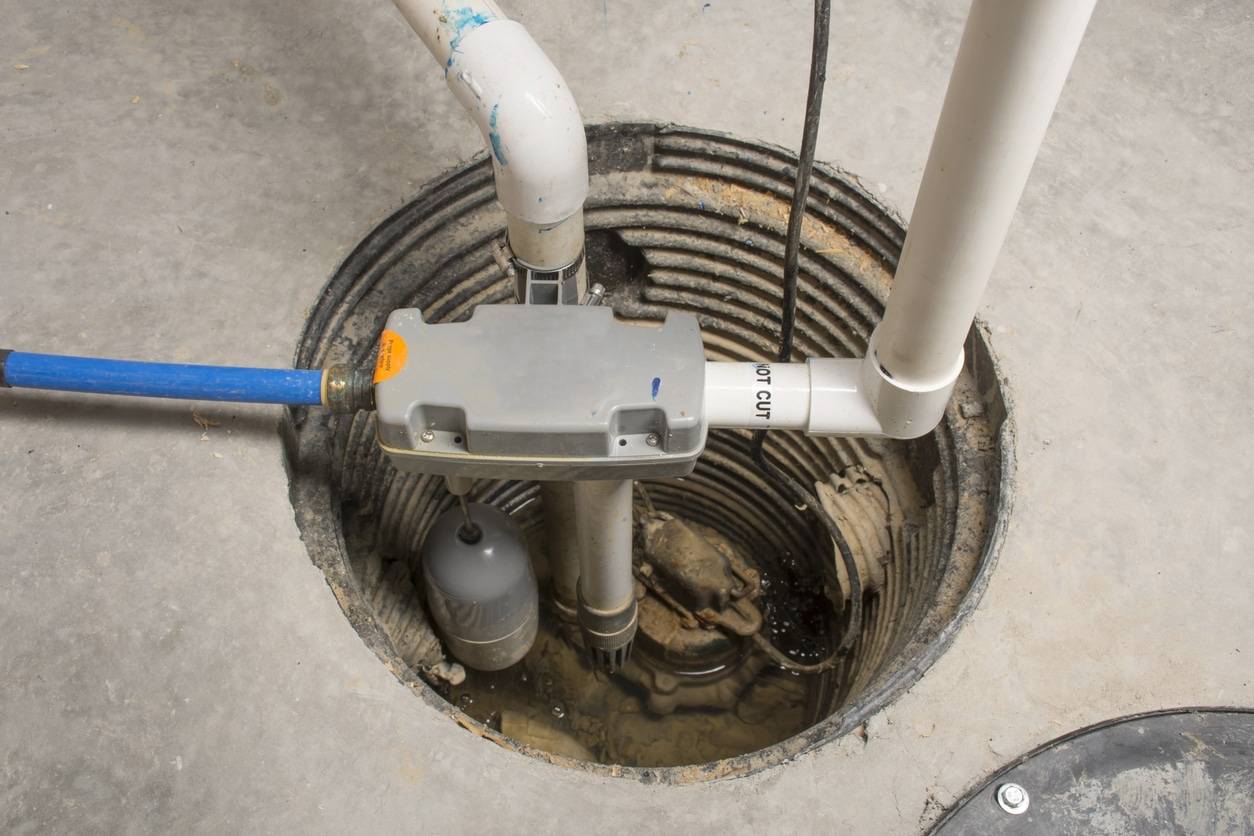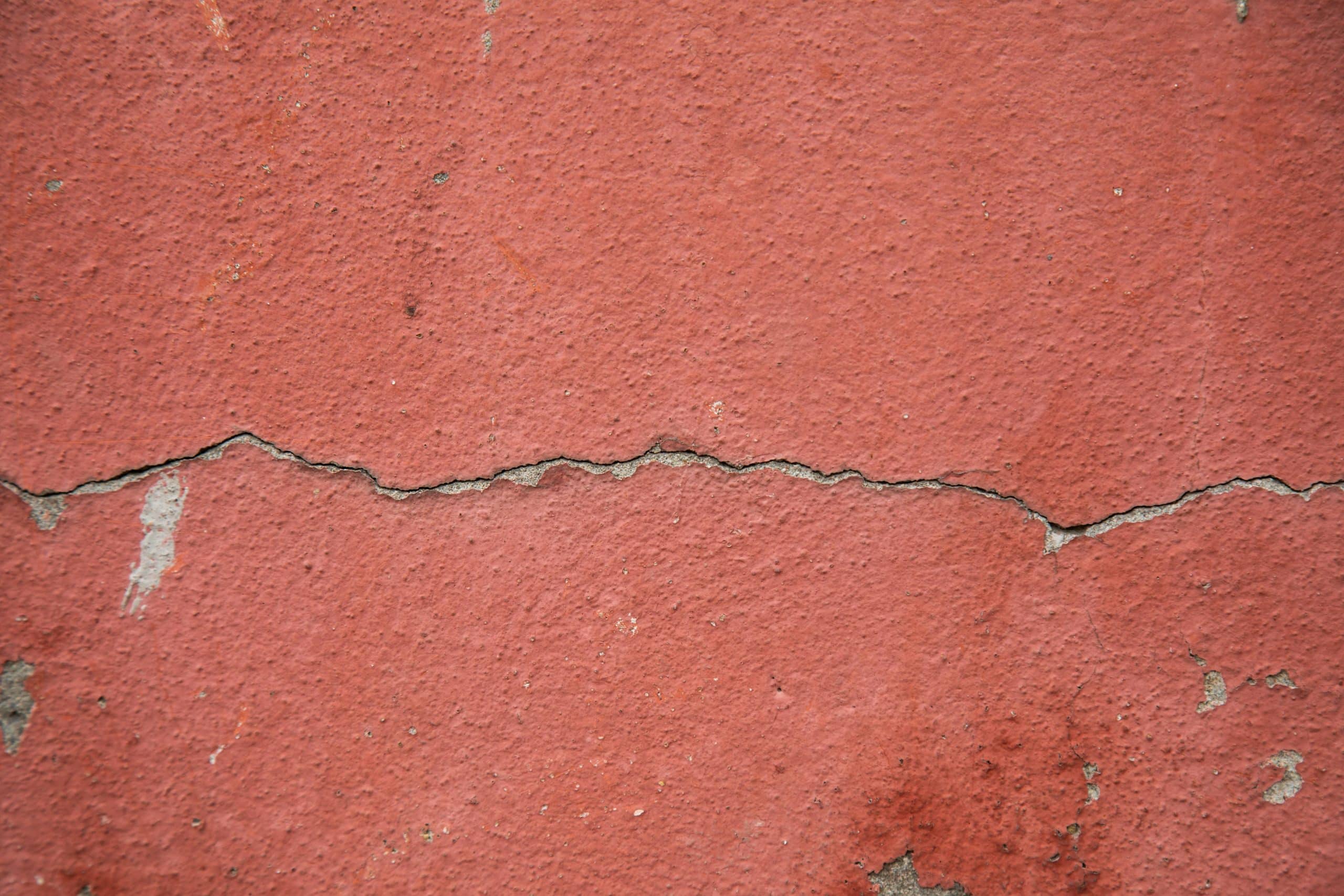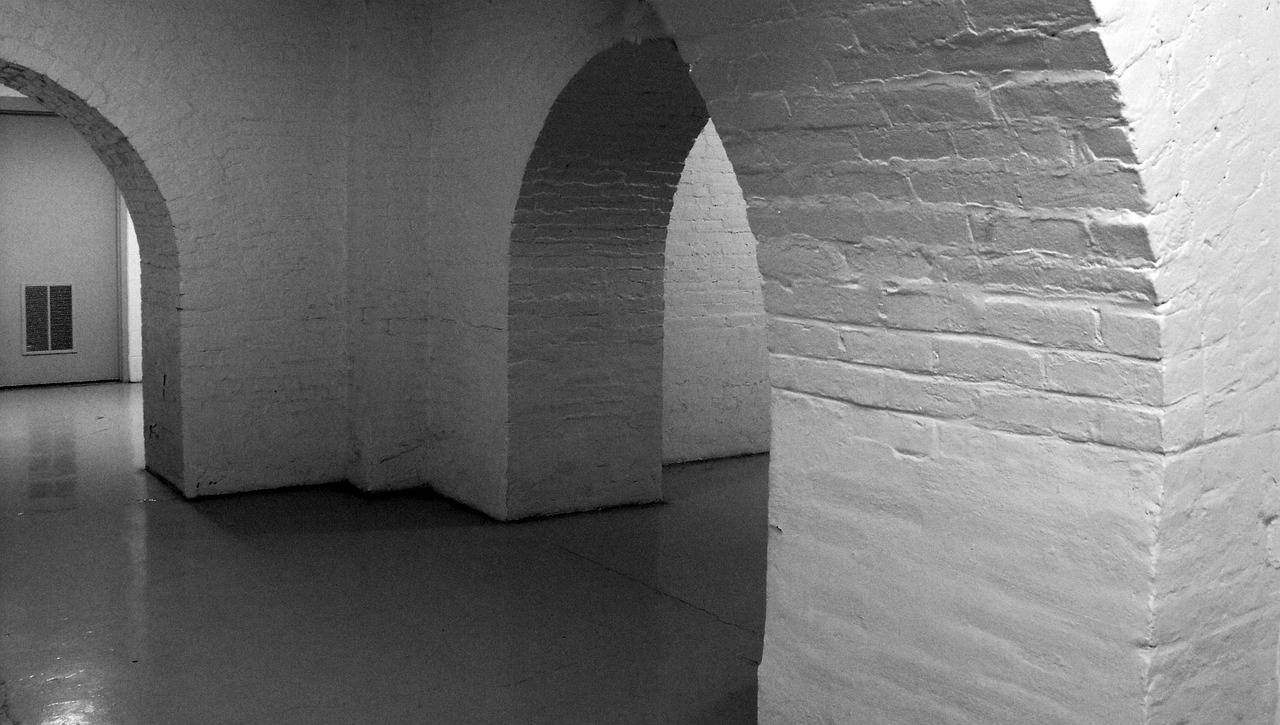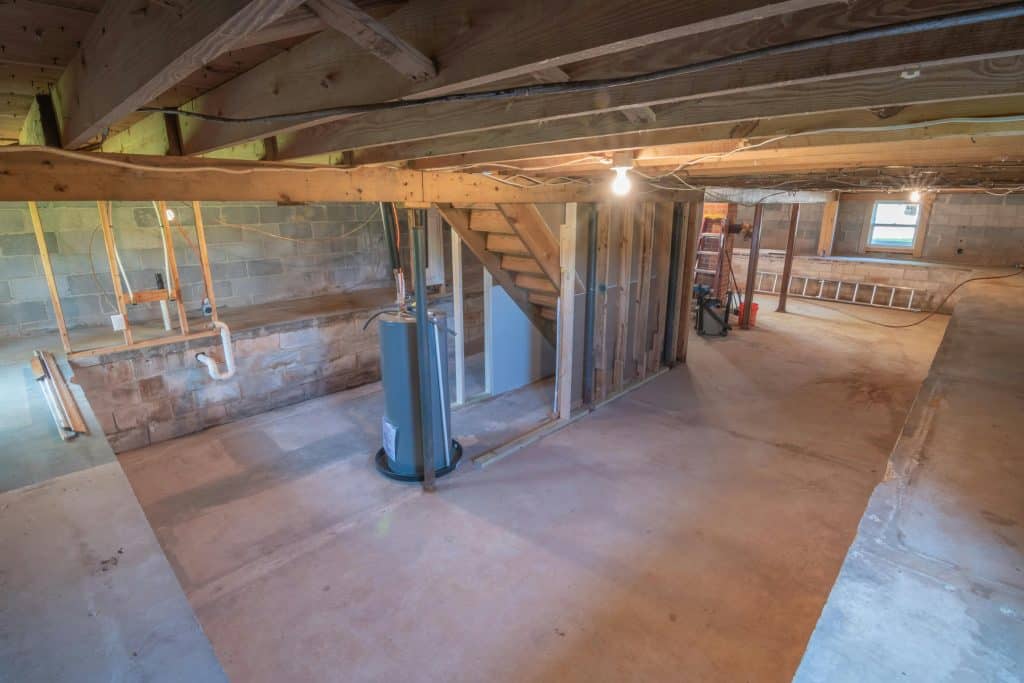The Importance of Keeping Your Basement or Cellar Dry: A Comprehensive Guide
When it comes to maintaining the integrity of your home, few things are as important as keeping the basement or cellar dry. Reducing basement and cellar moisture is critical. These spaces, often located below ground level, are prone to moisture issues that can lead to a range of serious problems if left unchecked. Water in your basement or cellar doesn’t just cause inconvenience — it can damage your home’s structure, decrease air quality, encourage mold growth, and even lead to health issues. In this blog, we’ll delve into why keeping your basement or cellar dry is crucial and offer practical solutions to achieve a dry, safe, and healthy living environment.
Why Keeping Your Basement or Cellar Dry is Essential
Structural Integrity of Your Home
The most immediate reason to keep your basement or cellar dry is to protect the structure of your home. Basements, cellars, and crawl spaces are foundational elements that support the entire weight of your house. When water infiltrates these spaces, it can seep into the foundation, eroding materials like concrete, brick, and wood. Over time, moisture can cause cracks and weaken the structural integrity, leading to expensive repairs and potential safety hazards.
For example, if water seeps into the concrete foundation and then freezes, it can cause the concrete to expand and crack, exacerbating the damage. This process is especially problematic in colder climates, where freezing and thawing cycles are common.

Reducing Basement and Cellar Moisture
Preventing Mold and Mildew Growth
Basements and cellars provide a perfect environment for mold and mildew to thrive. These microorganisms love damp, dark, and poorly ventilated spaces. When moisture enters the basement, it creates an environment conducive to their growth. Mold and mildew can damage walls, floors, furniture, and personal items stored in these areas.
The worst part? Mold doesn’t just damage your property — it can also be harmful to your health. Prolonged exposure to mold spores can cause respiratory issues, allergies, asthma attacks, and even infections in some cases. Keeping your basement dry is one of the most effective ways to prevent mold growth and safeguard the health of your household.
Preserving Indoor Air Quality
Water and moisture in your basement or cellar can lead to increased humidity levels throughout the entire home. This can negatively affect the indoor air quality, leading to musty odors and promoting the growth of allergens, bacteria, and other harmful particles in the air. Poor air quality can cause discomfort and health issues such as headaches, dizziness, or sinus problems.
In particular, people with pre-existing respiratory conditions like asthma are at higher risk of developing more severe symptoms due to the increased humidity and mold presence. A dry basement or cellar, on the other hand, helps maintain a healthy and comfortable living environment.
Protecting Your Belongings
Many homeowners use their basements or cellars for storage, keeping everything from seasonal decorations to old furniture, family heirlooms, and important documents. If water enters the space, it can ruin these items, especially sensitive materials like books, photographs, and electronics. In some cases, long-term exposure to moisture can lead to irreparable damage.
For those who store food or wine in their basement or cellar, keeping the space dry is especially important. Moisture can spoil food, damage wine bottles, and promote the growth of bacteria or fungi, making it unsafe to consume.
Preventing Pests and Rodents
Basements and cellars that are damp and moist attract pests, including insects, rodents, and termites. These pests thrive in humid environments, and they can infest your home if you don’t take steps to control moisture. Insects like termites can cause significant damage to the structure of your home, while rodents can chew through electrical wiring, insulation, and stored belongings.
Additionally, pests such as cockroaches, ants, and spiders may be drawn to the moisture in your basement, creating an unpleasant and unsanitary living space.
How to Keep Your Basement or Cellar Dry
Now that we understand why it’s so important to keep your basement or cellar dry, let’s explore some effective strategies and solutions for achieving this goal. Here are some of the best ways to ensure your basement or cellar remains dry and free from moisture problems.

Reducing Basement and Cellar Moisture
Install a Sump Pump
A sump pump is one of the most reliable solutions for preventing water buildup in your basement. It works by collecting any water that enters the basement and pumping it away from the foundation, usually to a nearby storm drain or well. Sump pumps are especially effective in areas that experience heavy rainfall or groundwater seepage.
There are two main types of sump pumps: pedestal and submersible. Pedestal pumps are placed above the floor, while submersible pumps are installed below the floor level. Both types can help keep your basement dry, but submersible pumps are often more efficient because they are placed directly in the sump pit.
Additionally, it’s important to regularly check and maintain your sump pump to ensure that it’s in good working condition. Consider installing a battery backup system in case of power outages.
Improve Drainage Around Your Home
Proper drainage around your home is essential for preventing water from accumulating near your foundation. If water pools around the exterior of your house, it can easily seep into the basement or cellar through cracks in the foundation.
To improve drainage, ensure that your gutters are clean and free from debris. Install downspouts that direct water at least 6-10 feet away from your foundation. You can also install French drains or drainage systems around the perimeter of your basement or cellar to channel water away from the foundation.

Reducing Basement and Cellar Moisture
Seal Cracks in the Foundation
Even small cracks in your foundation can allow water to enter your basement. Regularly inspect the walls and floor of your basement for any signs of cracks or gaps. If you find any, seal them with appropriate sealants or waterproofing products.
There are various types of sealants available, including liquid rubber, silicone-based sealants, and epoxy resin, all of which can help prevent moisture from seeping in. Be sure to use products that are specifically designed for foundation repairs.
Use a Dehumidifier
If your basement is prone to high humidity, using a dehumidifier can help keep the air dry and prevent mold and mildew growth. Dehumidifiers work by extracting moisture from the air and collecting it in a reservoir or draining it out.
Investing in a high-capacity dehumidifier for your basement can help maintain an optimal indoor environment and keep the air free from excess moisture. Ensure that the dehumidifier is appropriately sized for the square footage of your basement for the best results.
Install Vapor Barriers
Vapor barriers are a great way to prevent moisture from seeping into your basement from the ground below. These barriers are typically made from heavy-duty plastic or polyethylene sheets that cover the floor and sometimes the walls of the basement. By acting as a barrier between the soil and the interior of your home, vapor barriers reduce the amount of moisture that can enter the space.
Vapor barriers are especially useful for basements with dirt floors or high groundwater levels. They can be installed under flooring materials such as tile, carpet, or laminate to protect against moisture infiltration.
Increase Ventilation
Proper ventilation is key to preventing moisture buildup in your basement. A poorly ventilated basement traps humid air, which can create an ideal breeding ground for mold and mildew. To increase ventilation, consider installing vents in the basement walls or using exhaust fans to circulate air and reduce humidity levels.
Additionally, ensure that any windows in your basement are functional and can be opened to allow for fresh air to circulate. Proper air circulation helps keep the space dry and reduces the likelihood of moisture problems.
Monitor Humidity Levels
Regularly monitoring the humidity levels in your basement can help you catch any moisture issues early on. Use a hygrometer to track the relative humidity. Ideally, humidity levels should be kept between 30% and 50%. If the levels exceed this range, consider running a dehumidifier or taking other measures to address the issue.
Check Plumbing for Leaks
Leaks from plumbing pipes are a common source of water damage in basements. Regularly inspect the pipes in your basement for any signs of leaks, rust, or damage. If you find any issues, repair them promptly to prevent water from infiltrating your basement. Additionally, consider insulating your pipes to prevent condensation from forming in cold weather.

Reducing Basement and Cellar Moisture
Conclusion
Keeping your basement or cellar dry is crucial for maintaining the structural integrity of your home, preventing mold growth, protecting your belongings, and ensuring good air quality. With the right precautions and strategies in place, you can prevent water infiltration and create a dry, healthy environment in your basement. By installing a sump pump, improving drainage, sealing foundation cracks, using a dehumidifier, and employing other moisture control methods, you can ensure that your basement remains a safe and dry space for years to come. By taking proactive steps to address moisture issues, you not only protect your home and belongings but also ensure the health and safety of your family.
Please Note: Properties in this market tend to sell quickly, and listing availability can change rapidly. Please verify the current status of any property you’re interested in, as listings may no longer be available at the time of viewing.
Need Expert Help?
Joanna “JoJo” Jones helps clients navigate every type of real estate contract. Whether you’re a buyer, seller, or investor, JoJo will make sure your interests are protected, and your deal goes smoothly.

New Listings: Macon Georgia
Sign up: Market Reports
Learn More: About JoJo
View More: Macon Listings
Featured: Macon Magazine
Broker: Sheridan Solomon and Associates
Contact Me: Sell Smart with JoJo™

